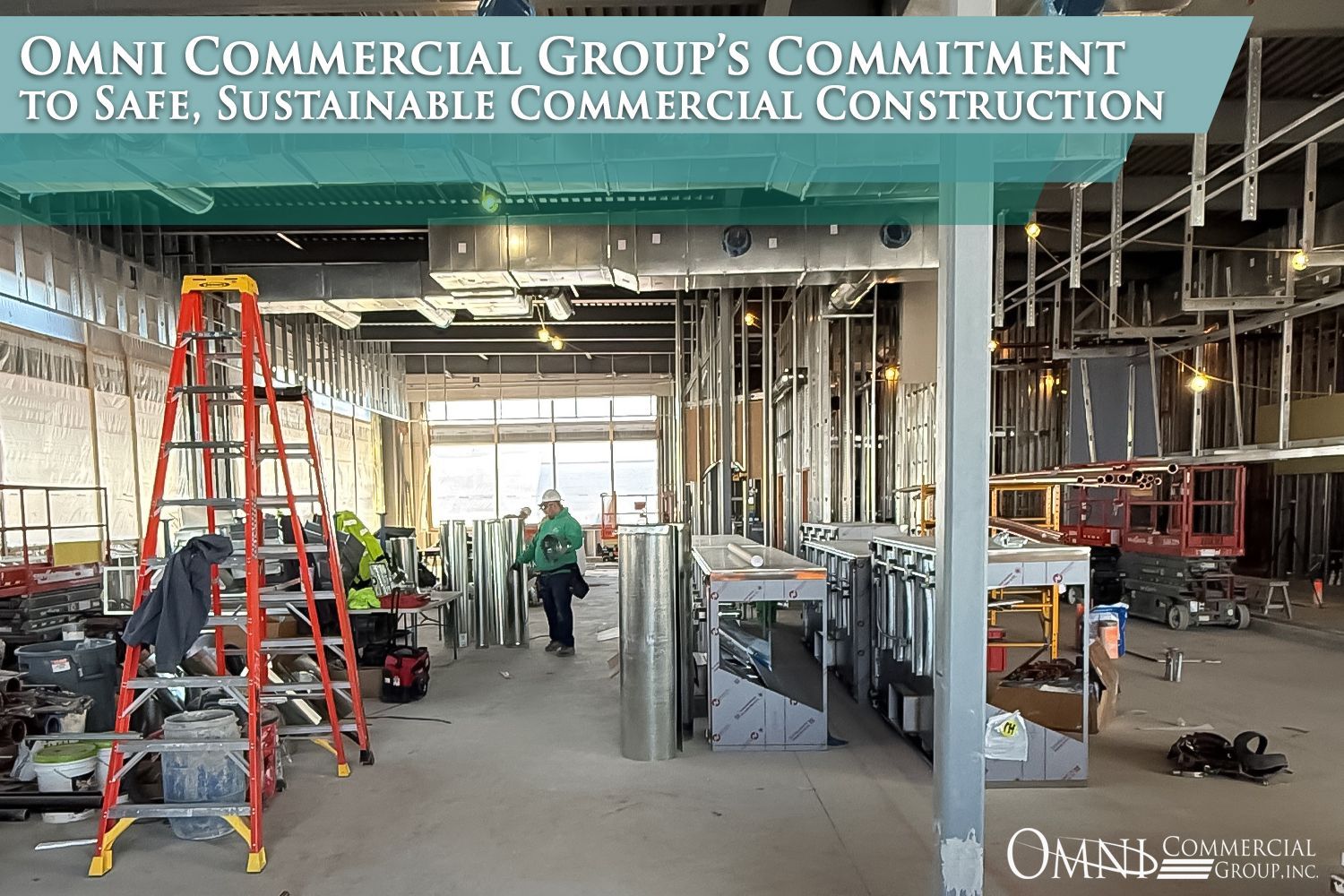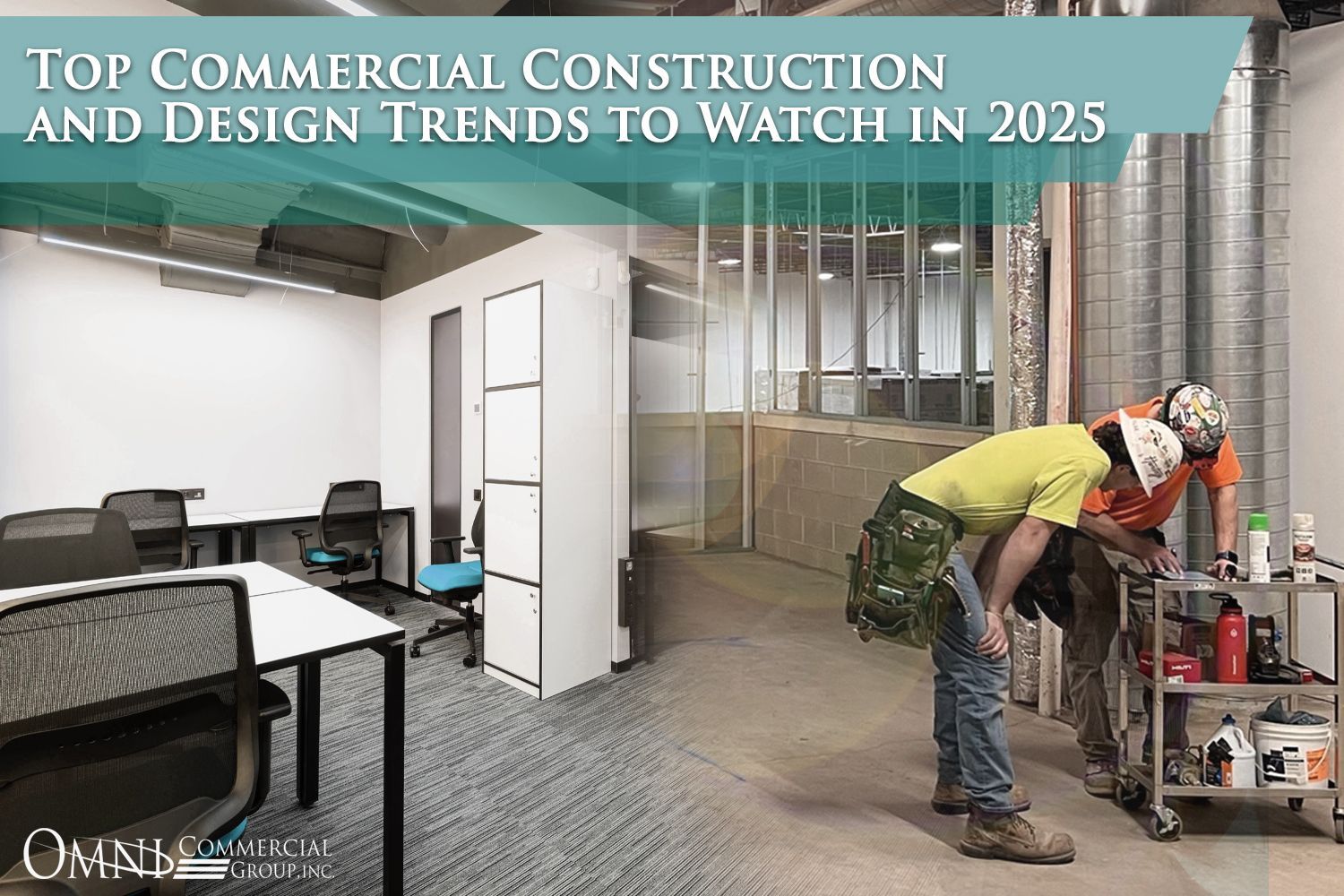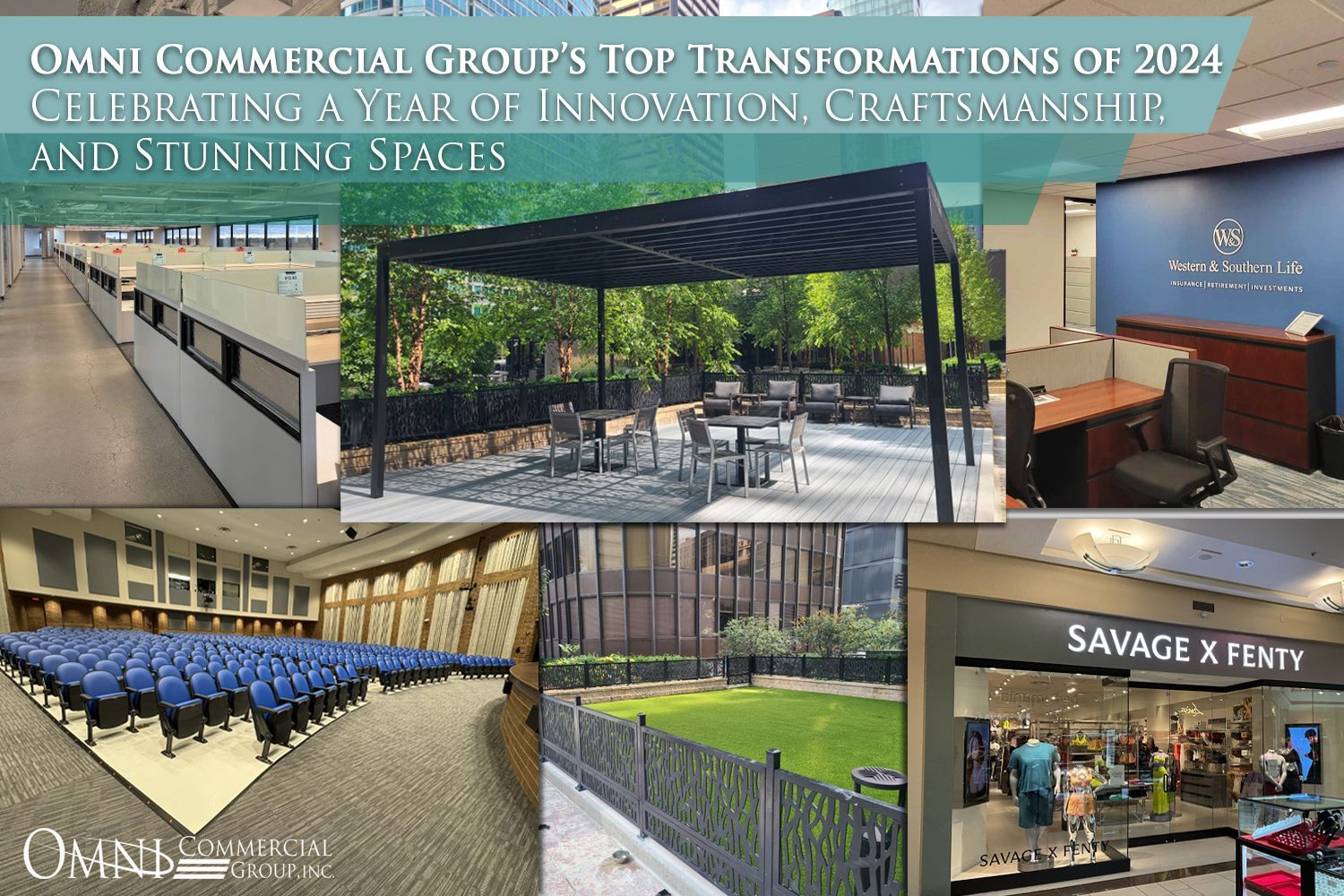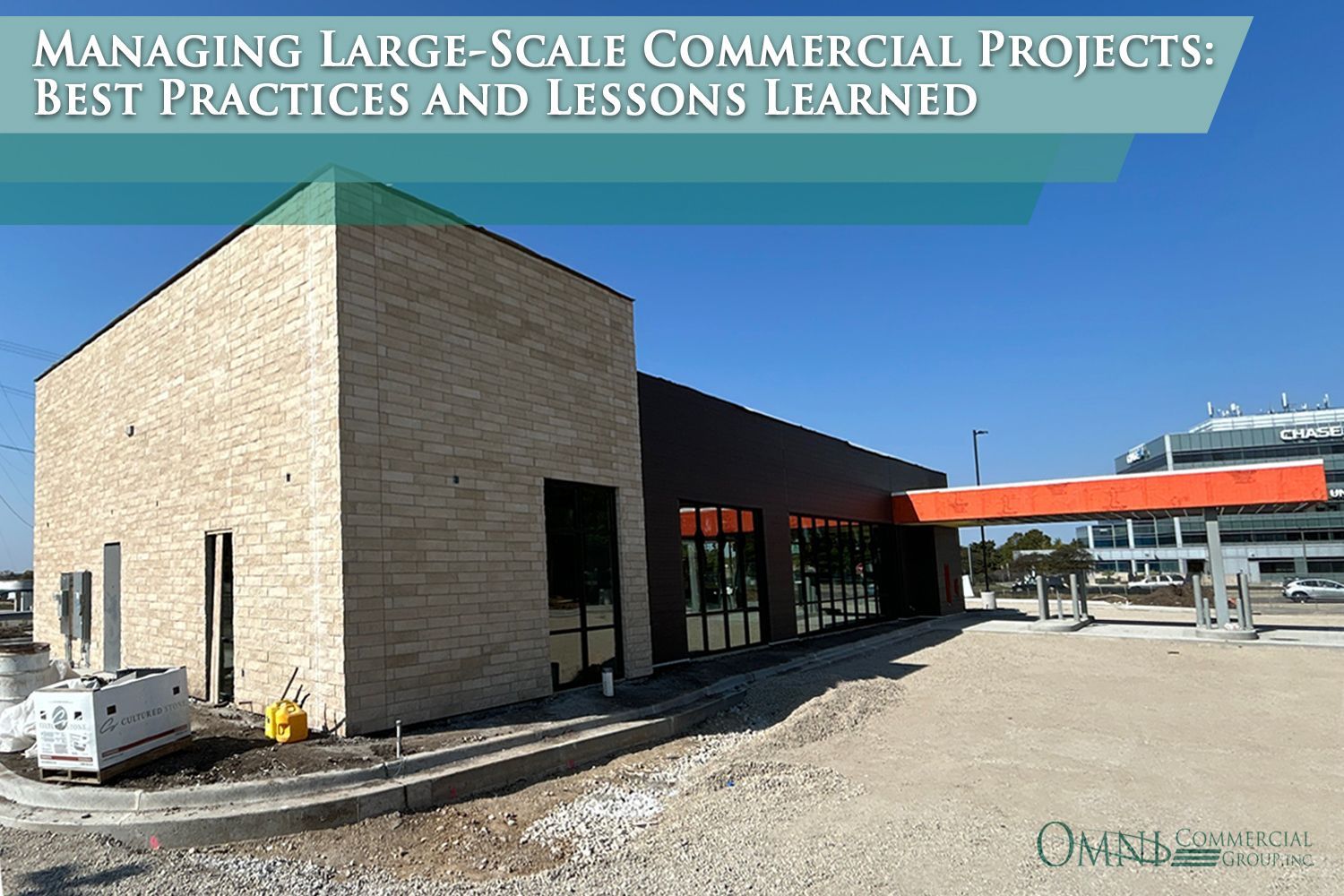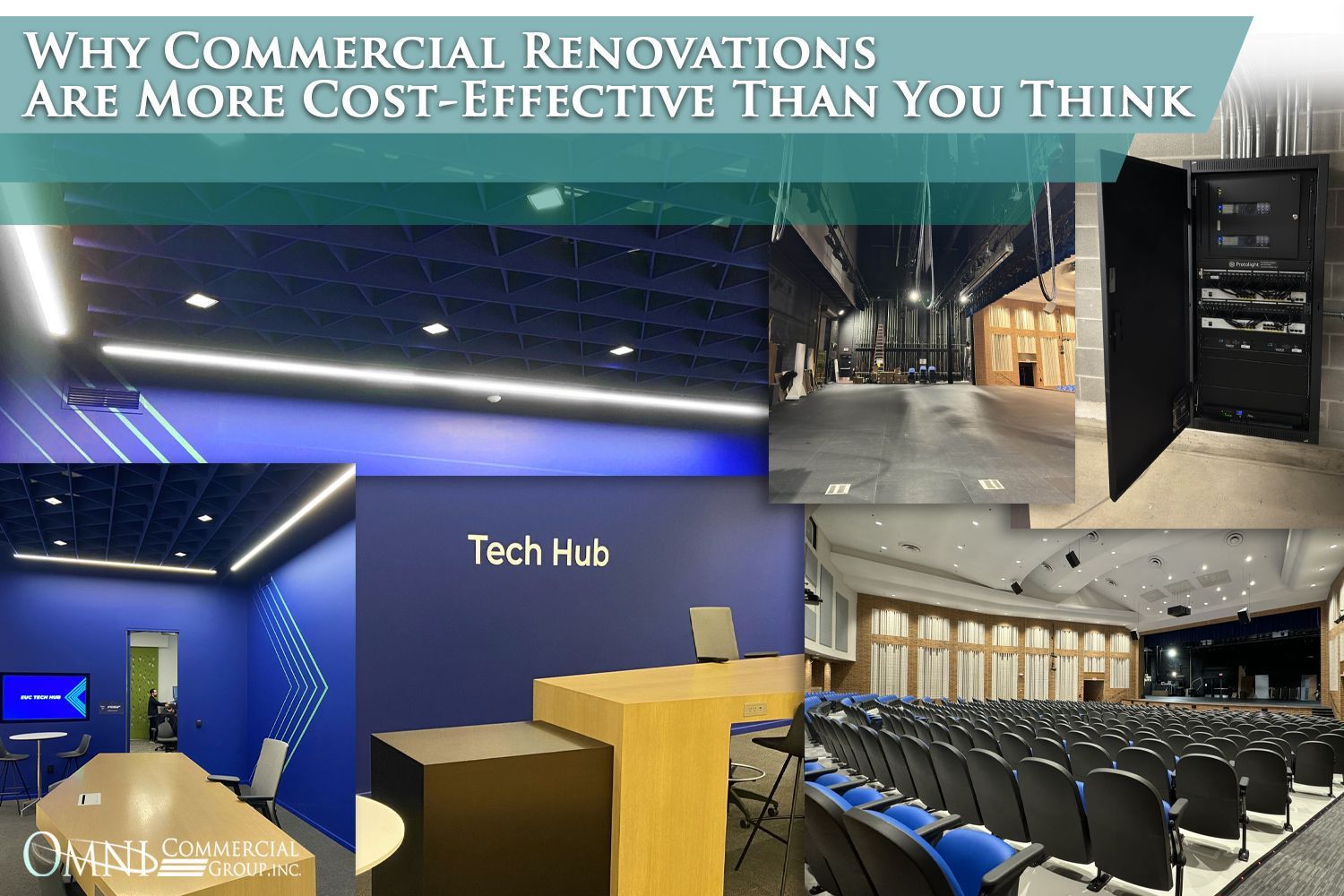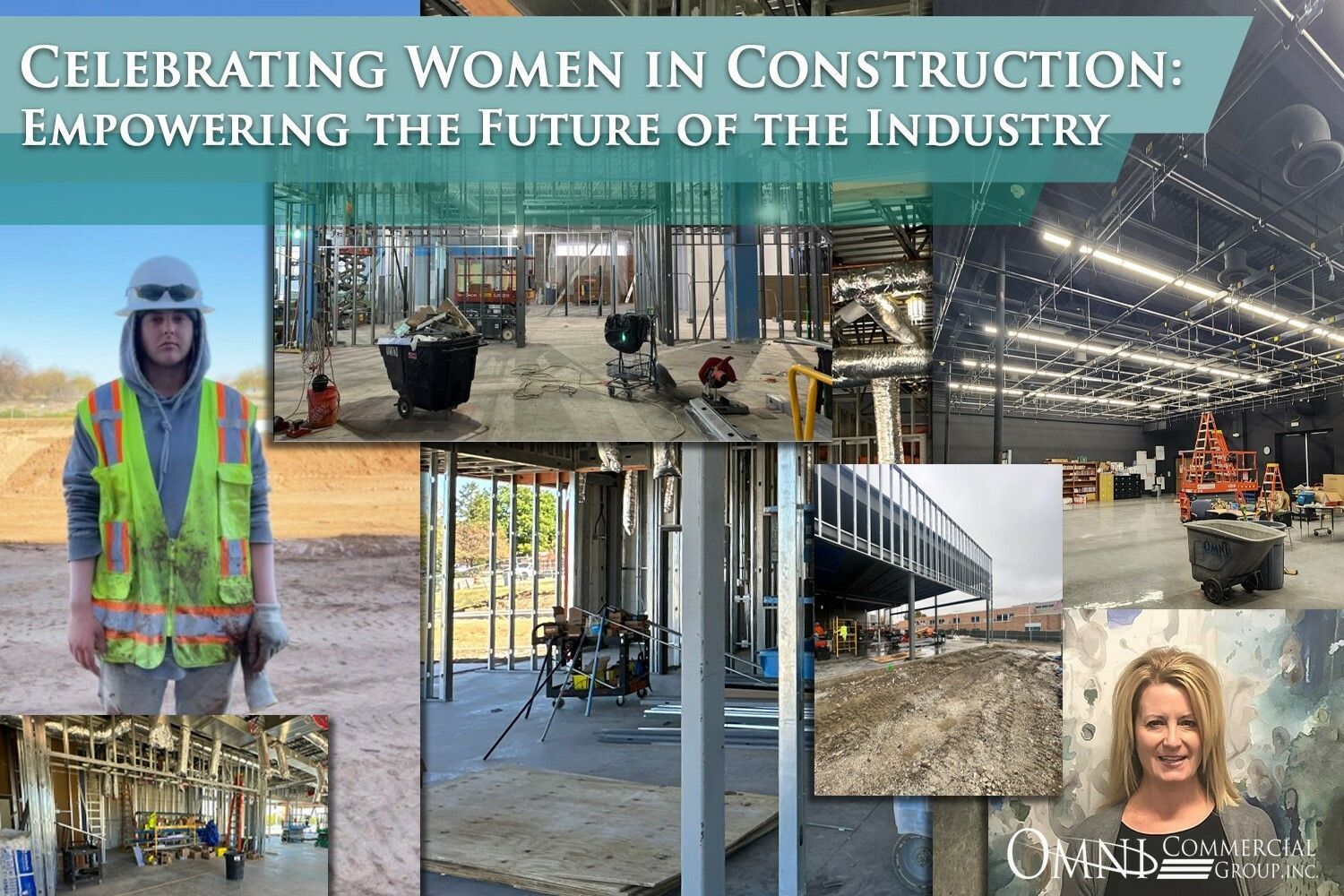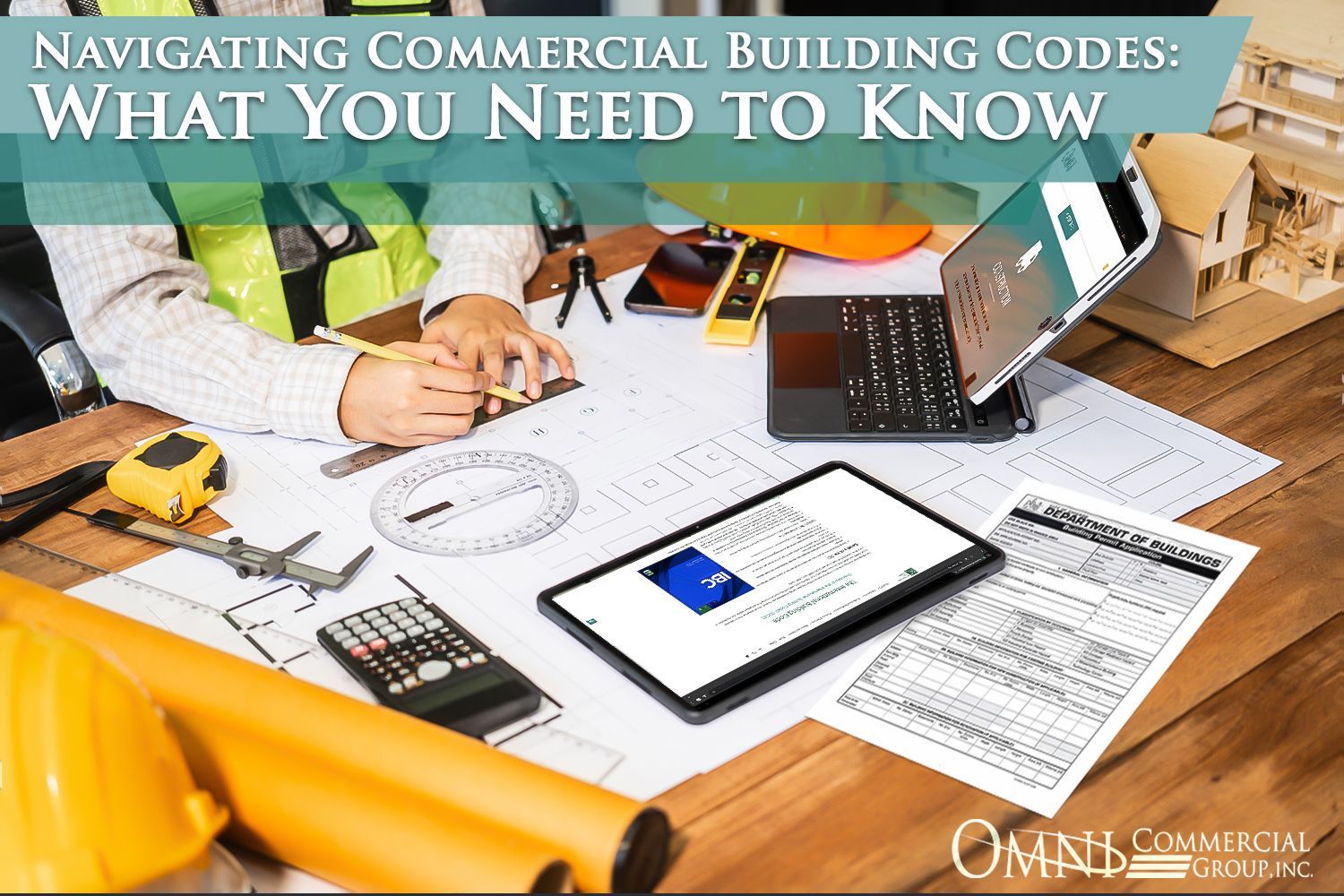
NAVIGATING COMMERCIAL BUILDING CODES: What You Need to Know
When embarking on a commercial construction project, navigating the complexities of building codes is crucial. Commercial building codes are designed to ensure the safety, efficiency, and sustainability of a structure. However, they can often be intricate and overwhelming for business owners or developers unfamiliar with the process. This blog will outline some key aspects of commercial building codes and what you need to know to ensure a successful project.
Understanding the Basics of Commercial Building Codes
Commercial building codes are a set of standards established by local, state, or national authorities to regulate various aspects of construction. These codes dictate everything from the materials used in construction to fire safety measures, accessibility requirements, and energy efficiency standards. It is essential for any commercial project to comply with these codes to avoid delays, penalties, or worse—complete project shutdown.
Why Building Codes Matter
Building codes play a critical role in ensuring the safety of occupants, as well as protecting the investment made in the structure itself. They help:
- Prevent accidents and reduce liability.
- Improve the energy efficiency of a building, saving operational costs in the long run.
- Ensure that the building is accessible to everyone, including those with disabilities.
- Comply with environmental regulations to promote sustainability.
By adhering to building codes, your project is more likely to meet insurance requirements and pass inspections, leading to a smoother construction process.
Key Codes to Consider
While building codes vary by region, there are some key areas commonly regulated:
- Fire Safety– Fire-resistant materials, proper exits, sprinkler systems, and alarms.
- Structural Integrity– The building’s foundation, roof, and load-bearing walls must be constructed to specific standards to ensure safety.
- Accessibility– Buildings must comply with the Americans with Disabilities Act (ADA) or local equivalents to provide equal access.
- Energy Efficiency– Energy codes regulate the use of HVAC systems, insulation, lighting, and windows to minimize energy consumption.
- Plumbing and Electrical Systems– These codes ensure that essential systems are installed correctly and safely.
How to Stay Compliant
- Hire Experienced Professionals
Working with an experienced commercial contractor like Omni Commercial Group ensures that your project adheres to all necessary building codes. They have the expertise to navigate code regulations and maintain compliance throughout the project. - Stay Informed
Building codes frequently change, especially as technology and sustainability practices Staying informed about the latest updates is essential for ensuring long-term compliance and avoiding costly modifications down the line. - Engage Early with Inspectors
Building inspectors are there to ensure your project complies with local codes. By engaging with them early in the process, you can avoid surprises during inspections and address any issues before they become costly. - Thorough Pre-Construction Planning
Effective pre-construction planning is key to anticipating code requirements and incorporating them into the design phase. This proactive approach can prevent delays and additional expenses during the construction process.
Conclusion
Navigating commercial building codes can be a daunting process, but it’s a necessary step in ensuring a successful project. By understanding the basics, prioritizing key areas like fire safety and accessibility, and working with knowledgeable professionals like Omni Commercial Group, you can avoid common pitfalls and ensure that your building is both safe and compliant.
Whether you’re starting a new project or planning a renovation, understanding building codes is a crucial part of the process that shouldn’t be overlooked. Reach out to Omni Commercial Group for expert guidance in navigating these complexities.

